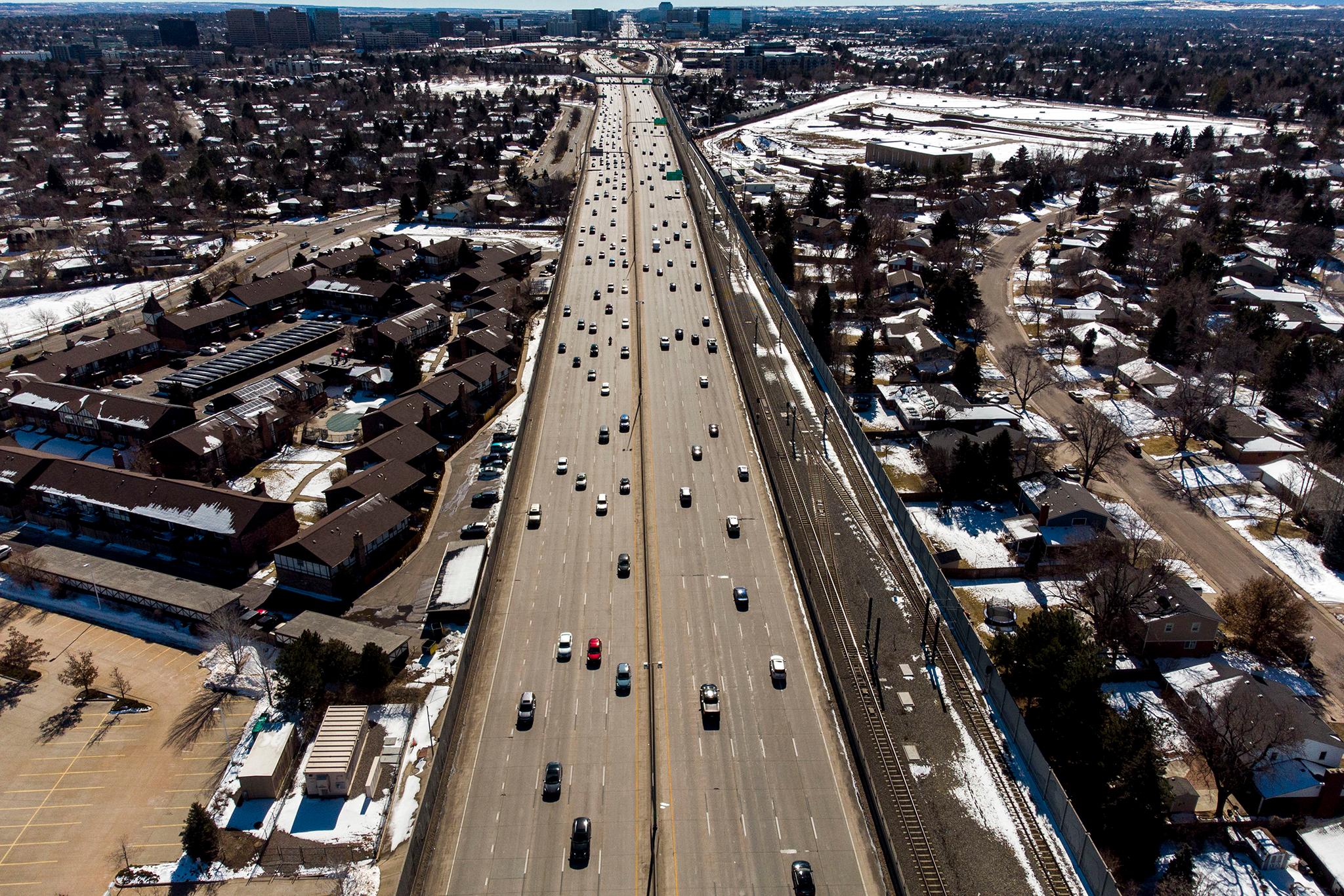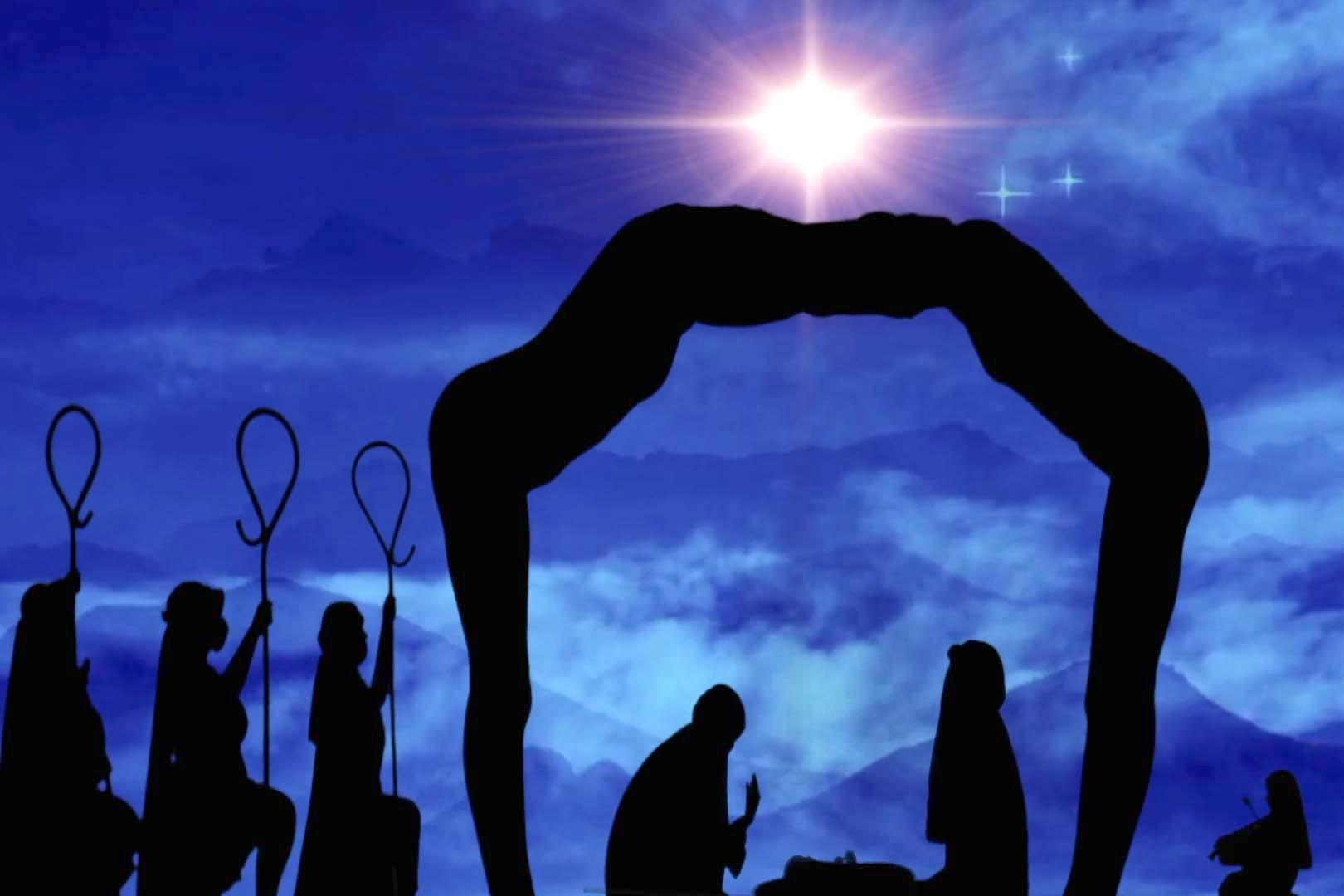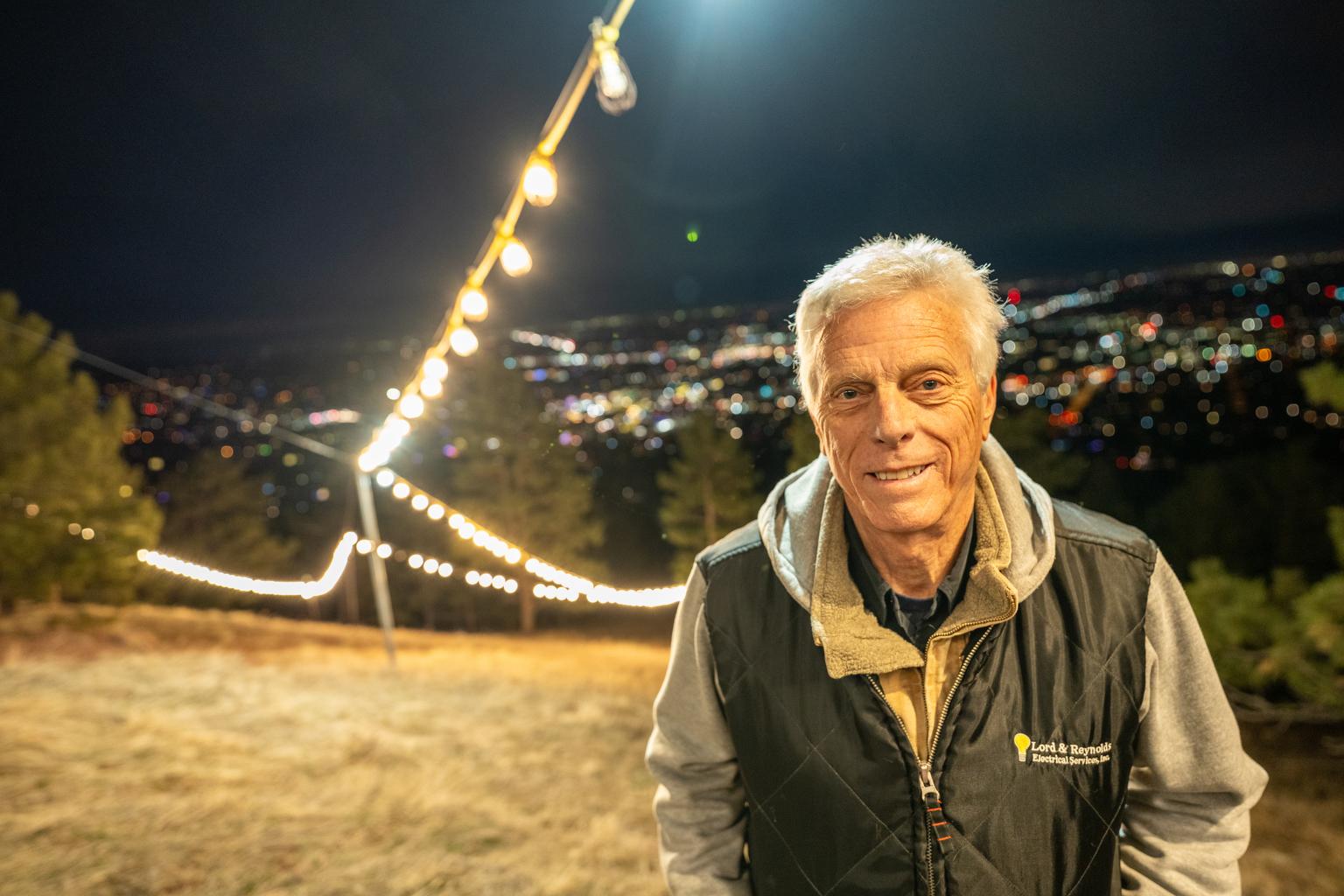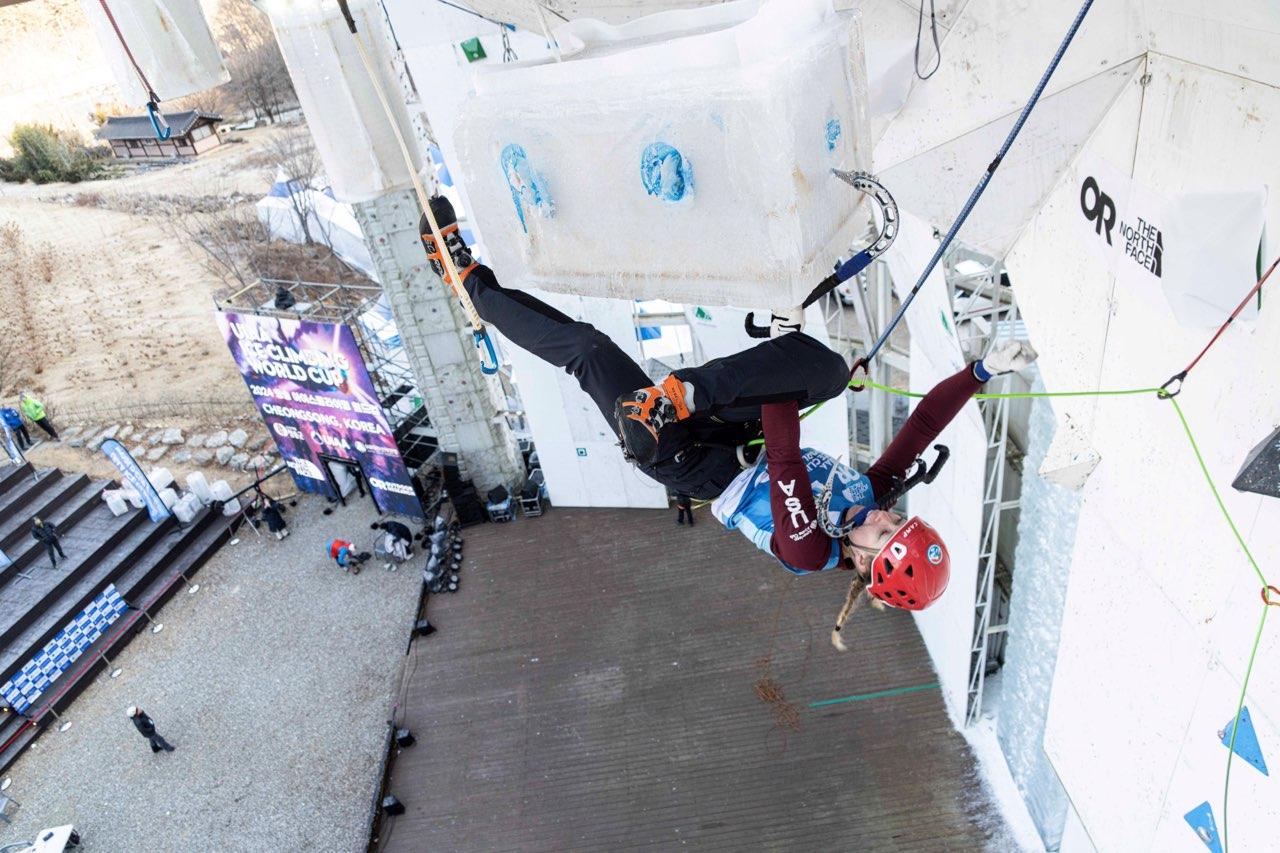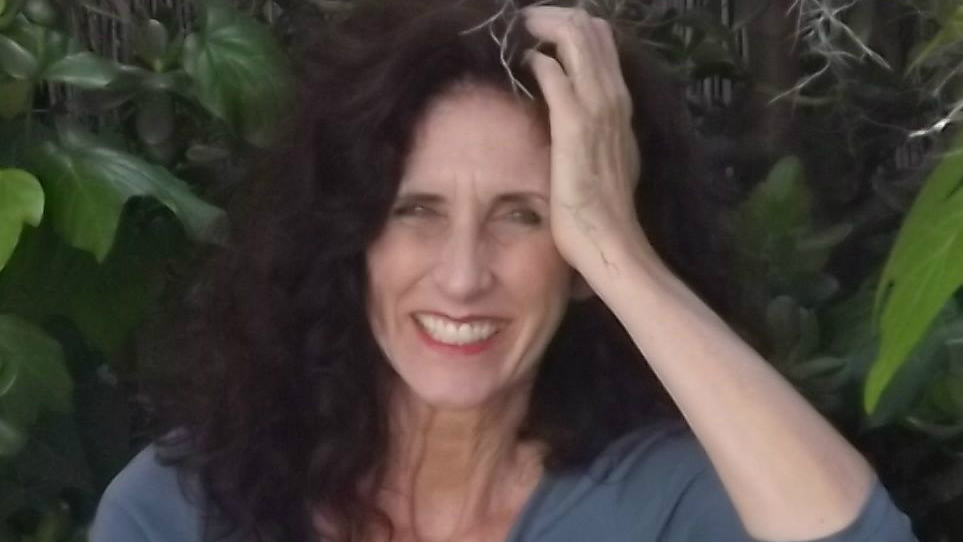
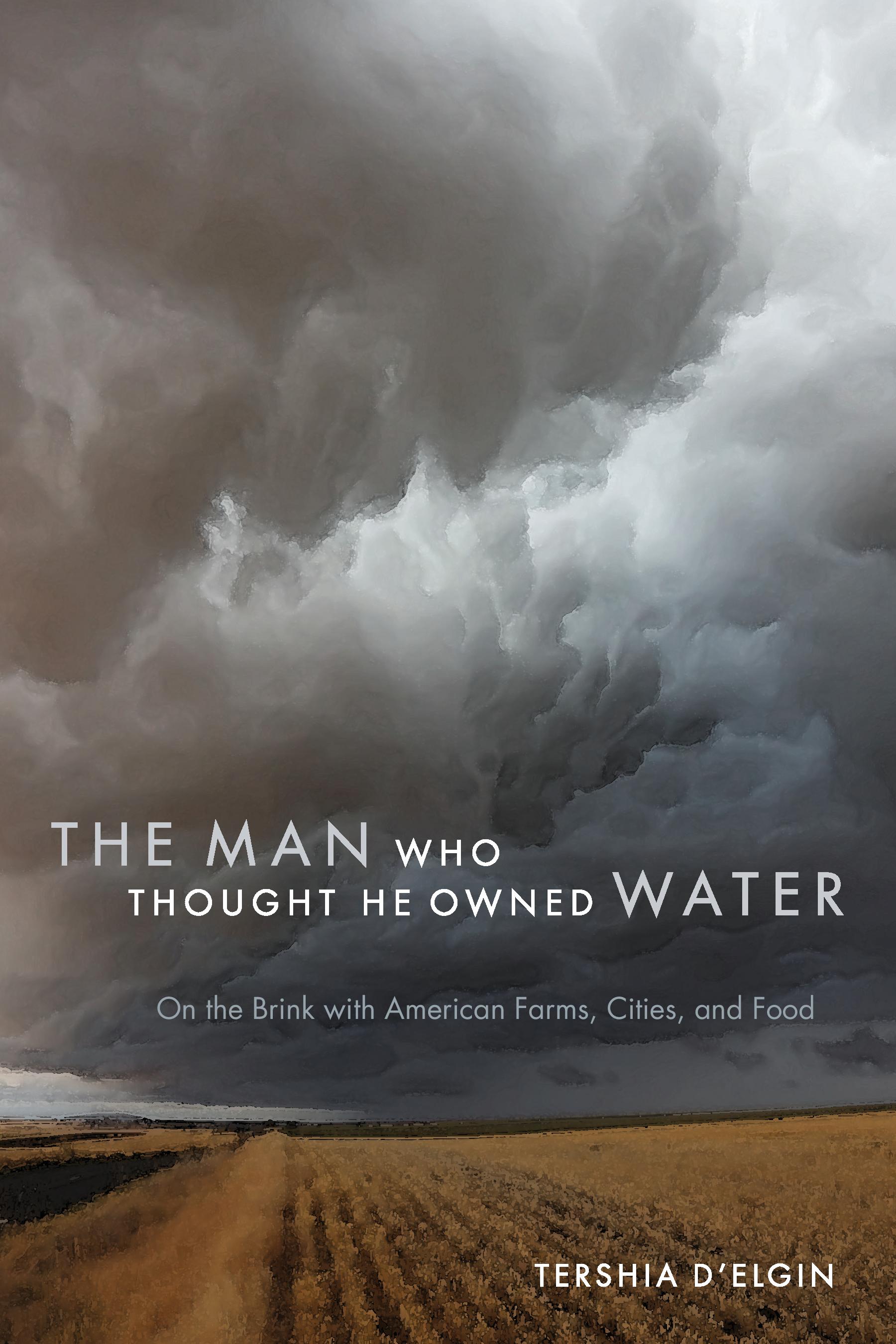
In her new book "The Man Who Thought He Owned Water," Tershia D'Elgin tells the story of her family farm outside Greeley.
Her parents were in their 40s when they moved from Denver to the farm, called Big Bend Station for its position on a big bend of the South Platte River. They had a romantic vision of what the agrarian life would be like, particularly her dad, but they quickly realized how hard it is -- not just the back-breaking work, but also things they took for granted, like their water.
Over the years their rights to water were challenged many times -- by other farmers, the state government, and municipalities who wanted to buy it. D'Elgin's new book is about their struggle to get and keep enough water for the farm to survive.
D'Elgin spoke with Colorado Matters host Ryan Warner.
Read an excerpt:
When Colorado Governor Bill Ritter didn’t respond, Gogo smoothed down her hair, climbed into her city clothes and drove to Denver for a rally at the capitol steps. She stood with her neighbors, people who, unlike her, had no safety net, who had little except loans collateralized by their land and water rights, which were now useless. At the podium, my tiny mom was too nervous to speak, so another farmer read Gogo’s letter aloud, until near the end, when she put her hand on his arm, then spoke for herself: “People in cities think farm life is some kind of escape, a rural idyll.That’s what my husband and I thought when we moved to the country forty years ago, that we’d have cows and chickens and raise beautiful vegetables, for ourselves and for profit. But we learned that farm life is not fun and games. Growing delicious food is backbreaking work with constant risk and grave downsides. Unlike a lot of professions, though, it is essential. Essential. People in cities don’t understand that they cannot live without farmers, don’t understand and don’t seem to care. Food is not a right. It is an agreement between growers and consumers. When farmers lose water—whether by being outmaneuvered by government or water wholesalers—everyone loses. By the time people in cities understand that their American-grown food supplies are cut off, it may be too late.” Then looking out over the small group of urbanites who had gathered, she said, “My husband used to say that we needed a revolution. What he didn’t say was who or what would spark the revolution. Most Americans don’t yet know the answer.” Pausing, she looked down. Gogo ran her thumb back and forth over her wedding band, almost conspiratorially, then added, “But I do.” |

